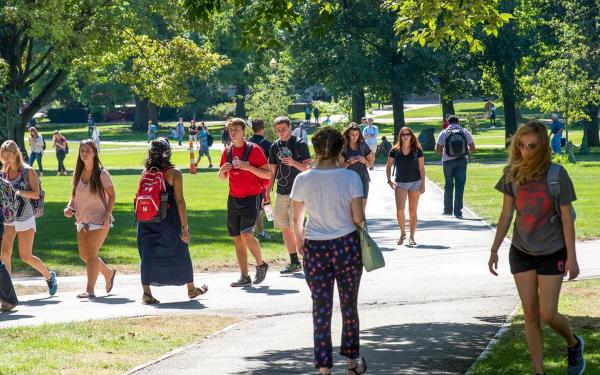Advising
Are you interested in declaring a major or minor in the Department of Classics? Do you have questions about planning your degree or our GE courses?
- First, contact our Faculty Advisor (Director of Undergraduate Studies), Professor Harriet Fertik: please email fertik.1@osu.edu
- Schedule an appointment with our Academic Advisor, Tony Valle: please email askascadvising@osu.edu
Contact the Faculty Advisor to:
- Learn more about the undergraduate program in the Department of Classics (including GE courses)
- Declare a major or minor
- Plan your courses for the upcoming semester(s)
- Learn about opportunities for research, internships, mentoring and more
Contact the College Advisor to:
- Obtain credit for an internship or a study abroad program
- Petition for a change in the minor or major curriculum
- Obtain transfer credit for a course from another university
- Gain assistance with college policies and procedures
- File for graduation
- Get assistance with GE requirements
For prospective students, follow the instructions below to study Classics at OSU:
- For admissions questions and all things Ohio State, contact Undergraduate Admissions.
- To plan a campus visit, visit the Visit Ohio State website.
- For additional information about the major, please visit the Department of Classics in University Hall 414.
- To apply to OSU, please visit the Undergraduate Admissions application webpage.
Department of Classics Faculty Contacts
The Director of Undergraduate Studies, Associate Professor Harriet Fertik, is available to Classics majors and minors as a faculty contact for questions on undergraduate research, applying to graduate school, and career advice. The Director of the Modern Greek Program, Professor Georgios Anagnostou, is available to Modern Greek majors and minors as a faculty contact for questions on undergraduate research, applying to graduate school, and career advice.


